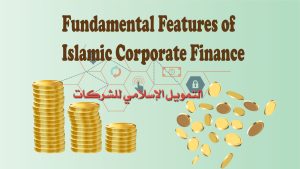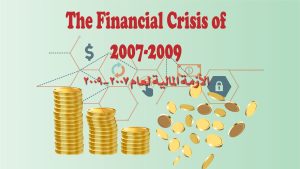
Fundamental Features of Islamic Corporate Finance
Conventional corporate finance requires the managers of a firm to manage the financial and other aspects of the business in a manner that increases the market value of the firm and therefore the value of a shareholder’s investment in the firm.[1] Apart from a few legal rules regarding wrongful trading and insolvency law, managers’ choices



